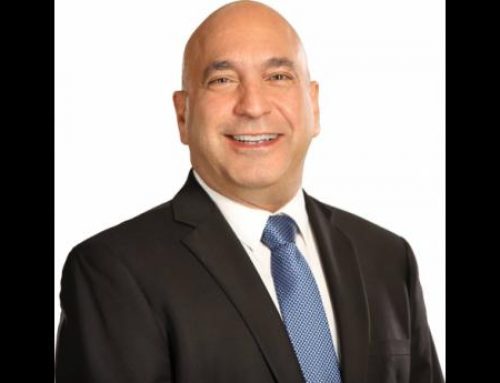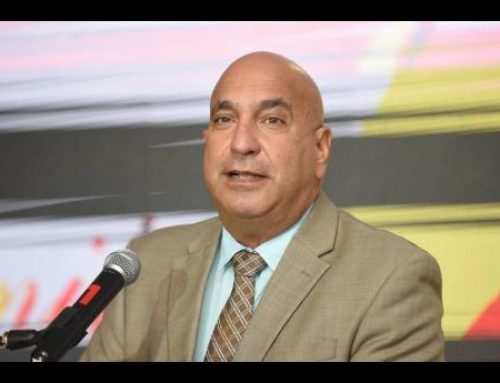Finance Minister Dr Nigel Clarke has disclosed that the administration has no intention at this time to phase out the assets tax on financial institutions — in spite of cries from securities dealers for this to be done.
In his first budget presentation back in April last year, Minister Clarke announced the abolishment of the assets tax payable by non-financial institutions but kept the imposition of the tax on financial institutions.
In response to a question from the Jamaica Observer at a press conference at the Ministry of Finance back in September last year, Minister Clarke committed to abolishing the assets tax on financial institutions but didn’t say when.
Speaking at the 15th Jamaica Stock Exchange (JSE) Regional Investments and Capital Markets Conference on Thursday, Minister Clarke declared that the time is not right for a rollback of the assets tax on financial institutions, but did concede that the tax was meant to be a temporary measure and he intends for this to be the case.
The assets tax regime, which was imposed in 2012 by the People’s National Party Government called on the levying on the one hand of a tax regime for non-financial institutions and on the other hand, a tax for financial institutions. The move was designed as a temporary measure to raise funds to reduce Jamaica’s debt, whilst laying the groundwork for the country’s economic recovery programme.
Speaking at the JSE’s Regional Investments and Capital Markets Conference on Wednesday ,NCB Capital Market CEO Stephen Gooden called for a rollback of the assets tax and sought to make out a case why the tax should be abolished now on a phased basis. “… I want to again champion the cry for the phasing out of asset tax. Many dealers generate spreads of less 100 basis points (bps) when executing its market making mandate with an assets tax of 25bps, which is not tax-deductible,” Gooden stated.
Basis points (bps) refers to a common unit of measure for interest rates and other percentages in finance. One basis point is equal to 1/100th of one per cent, or 0.01%, or 0.0001, and is used to denote the percentage change in a financial instrument.
Gooden argued that as securities dealers seek to consolidate all favourable regulatory changes, the effective charge — which is 37bps, is a major impediment to market operations. He estimate the assets tax to securities dealers at $1.3 billion per annum, which creates a distortion in the market.
“Given the improvement of the GOJ’s fiscal situation, the original commitment to have assets tax in its current form temporary, and more importantly, the objective of the Government to deepen the capital markets, now is the time to start phasing out assets tax for securities dealers,” Gooden reasoned.
In responding to a question regarding Gooden’s suggestion, Finance Minister Clarke agreed with the sentiments about the tax being distortionary and the fact that it was meant to be temporary, but emphasised however that the time is just not right.
He said more analysis is needed in order to come to a decision about phasing out the assets tax noting that, ”as the opportunity arises it is something… in time we will look at it.”
The banking sector, in particular, has blamed the assets tax for increasing their operating costs, thereby inhibiting their ability to reduce interest rates to customers which would boost economic activity.








Leave A Comment